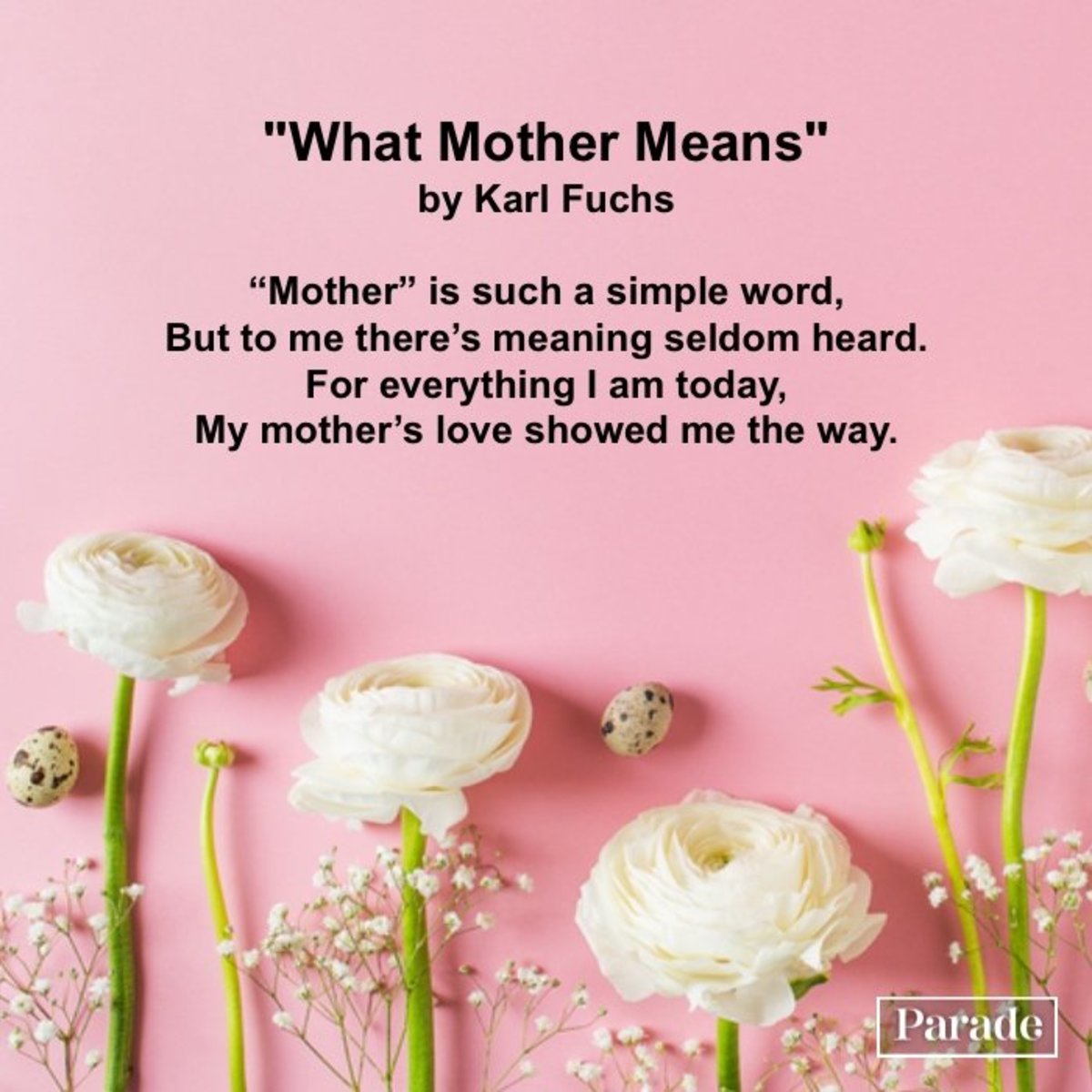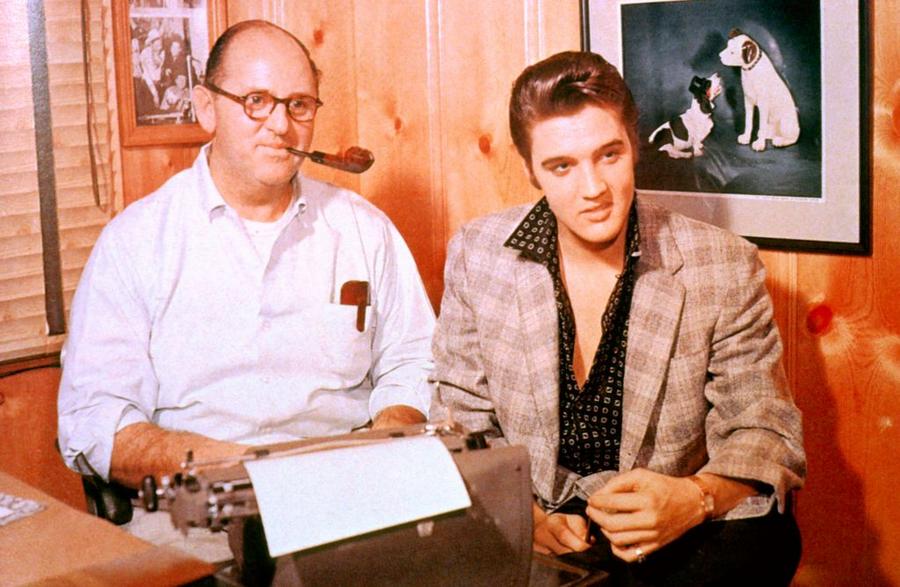Mother’s Day is a special occasion to celebrate and honor the incredible women who have nurtured and loved us unconditionally. While gifts and gestures are appreciated, there is something truly heartfelt about expressing our emotions through poetry. Throughout history, poets have beautifully captured the essence of motherhood, creating timeless works that resonate with readers across generations. In this article, we will explore some of the best Mother’s Day poems of all time, delving into their themes, emotions, and the impact they have had on literature and our understanding of motherhood.
1. “To My Mother” by Edgar Allan Poe
Edgar Allan Poe, renowned for his dark and mysterious tales, surprises us with a tender and heartfelt poem dedicated to his mother. In “To My Mother,” Poe expresses his deep gratitude and love for the woman who raised him. The poem begins with a vivid description of his mother’s physical appearance, highlighting her beauty and grace. As the verses unfold, Poe delves into the emotional connection he shares with his mother, emphasizing her unwavering support and selflessness. The poem concludes with a poignant acknowledgment of the sacrifices she made for him, leaving readers with a sense of appreciation for the unconditional love of a mother.
2. “Mother to Son” by Langston Hughes
Langston Hughes, a prominent figure in the Harlem Renaissance, crafted a powerful poem titled “Mother to Son.” Through the use of metaphorical language, Hughes presents a conversation between a mother and her son, illustrating the hardships she has endured throughout her life. The poem’s central theme revolves around resilience and determination, as the mother encourages her son to persevere despite life’s challenges. Hughes’ vivid imagery and rhythmic language create an emotional impact, allowing readers to empathize with the struggles faced by both the mother and her son. “Mother to Son” serves as a timeless reminder of the strength and wisdom passed down from one generation to the next.
3. “A Mother’s Love” by Helen Steiner Rice
Helen Steiner Rice, known for her inspirational and uplifting poetry, captures the essence of a mother’s love in her poem “A Mother’s Love.” With a gentle and comforting tone, Rice explores the selfless nature of a mother’s love, emphasizing its unconditional and boundless qualities. The poem beautifully portrays the sacrifices mothers make, their unwavering support, and their ability to provide solace during difficult times. Rice’s words resonate deeply with readers, reminding us of the immeasurable impact a mother’s love can have on our lives. “A Mother’s Love” is a timeless tribute to the nurturing and compassionate spirit of motherhood.
4. “In the Garden” by Sarah Josepha Hale
Sarah Josepha Hale, an influential writer and editor, penned the poem “In the Garden” as an ode to mothers. In this piece, Hale uses nature as a metaphor for the love and care mothers provide. The poem paints a vivid picture of a garden, symbolizing the growth and nurturing that takes place within a mother’s heart. Hale’s words evoke a sense of tranquility and beauty, capturing the essence of the bond between a mother and child. “In the Garden” celebrates the transformative power of motherhood, reminding us of the profound impact mothers have on shaping our lives.
Conclusion:
Mother’s Day is an opportunity to express our gratitude and appreciation for the women who have played an integral role in our lives. Through poetry, we can delve into the depths of emotions and capture the essence of motherhood in ways that words alone cannot. The best Mother’s Day poems of all time, such as Edgar Allan Poe’s “To My Mother,” Langston Hughes’ “Mother to Son,” Helen Steiner Rice’s “A Mother’s Love,” and Sarah Josepha Hale’s “In the Garden,” continue to resonate with readers, reminding us of the profound love, sacrifice, and strength that mothers embody. As we celebrate this special day, let us remember the power of poetry to honor and cherish the remarkable women who have shaped us into who we are today.




